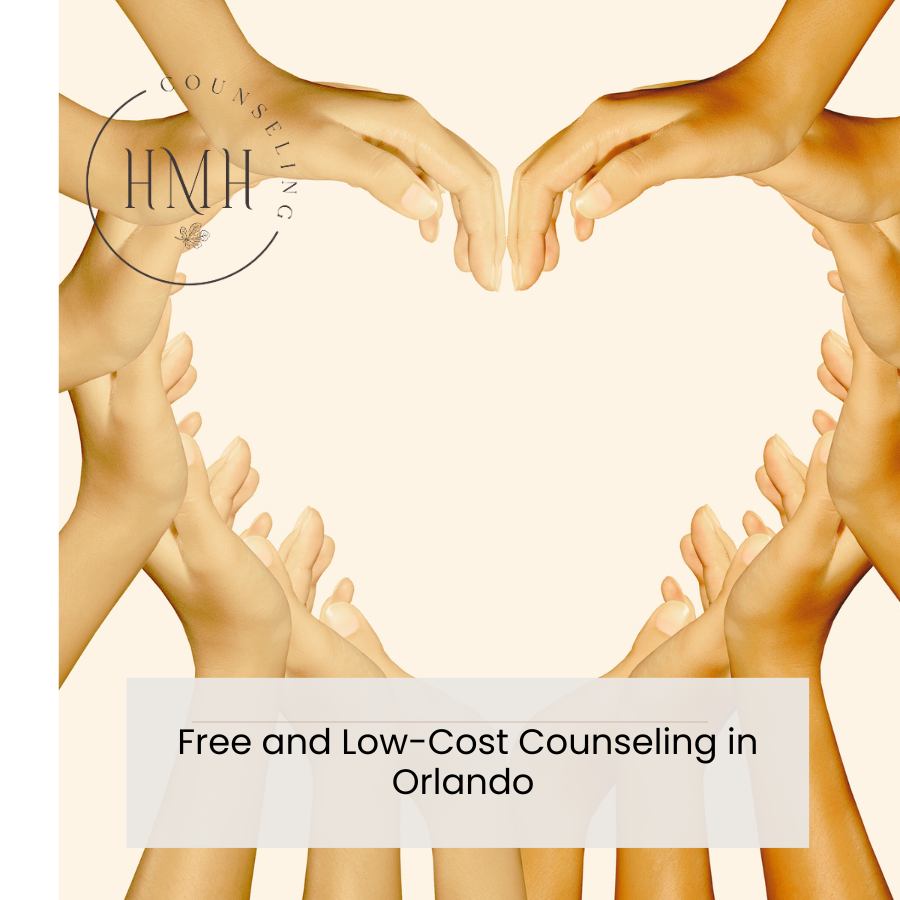Orlando Therapist: Free and Reduced Cost Counseling in Orlando
July 17 • Written by Jennifer Sierra, LMHC Orlando Therapist: Free and Reduced Cost Counseling in Orlando As an Anxiety […]
Orlando Therapist: Free and Reduced Cost Counseling in Orlando Read Post »





